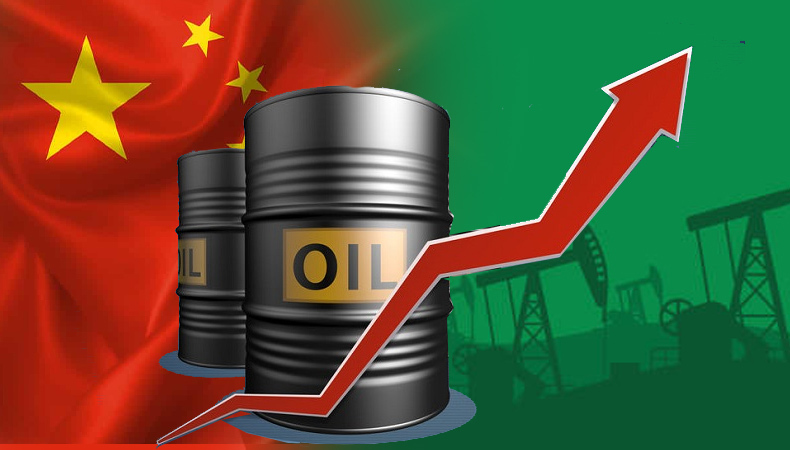Middle East Oil Prices Skyrocket Amid Chinese Trading Frenzy

The Middle East oil industry is experiencing major price increases as a result of a trading frenzy fueled by Chinese investors. This unusual rise indicates Chinese traders’ increased thirst for Middle Eastern crude oil and highlights the altering dynamics in global energy markets.
Also Read – Cloud Security Experts in the Middle East Prioritize Zero Trust Strategies
The rise in Middle East oil prices can be linked to strong demand from Chinese investors who are actively involved in the oil trading industry. China, the world’s largest crude oil importer, has shown a growing interest in Middle Eastern oil resources due to their favorable quality, accessibility, and reasonable cost.
Attracted by the prospect of large gains, Chinese investors have engaged in a frenetic trading frenzy, driving up prices and creating a bullish atmosphere in the Middle East oil market. This rise in demand has piqued the interest of market participants, prompting a reevaluation of the region’s supply dynamics and pricing systems.
The Chinese trading frenzy has underlined the Middle East’s role as a vital crude oil supply to meet global energy demands. The region’s stability, enormous reserves, and well-established infrastructure make it an appealing choice for investors looking for dependable oil sources.
The rise in Middle East oil prices also highlights China’s growing clout in global energy markets. As China’s economy grows and its energy needs increase, the country’s impact on oil prices and market dynamics becomes more significant. This phenomena strengthens China’s position as a major actor in the global energy scene.
While the trading frenzy has raised oil prices, it also provides chances for Middle Eastern producers to capitalize on rising demand and maximize their export income. The increase in prices allows Middle Eastern oil-producing countries to better allocate their resources, invest in infrastructure development, and improve their economic growth prospects.
However, the volatility associated with frantic trading operations necessitates close monitoring. Market regulators and players in the oil business will constantly monitor developments in the Middle East oil market to ensure stability, transparency, and fair trading practices.
Also Read- Cyberattack Unveils Regional Power’s Involvement, Raising Tensions in the Middle East
The Chinese trading frenzy in the Middle East oil market highlights the interdependence of global energy markets and the ever-changing nature of oil trading. As market dynamics vary, players must maintain a complete awareness of supply and demand factors, price fluctuations, and emerging trends in order to make educated decisions and efficiently manage the complexity of the oil market.




